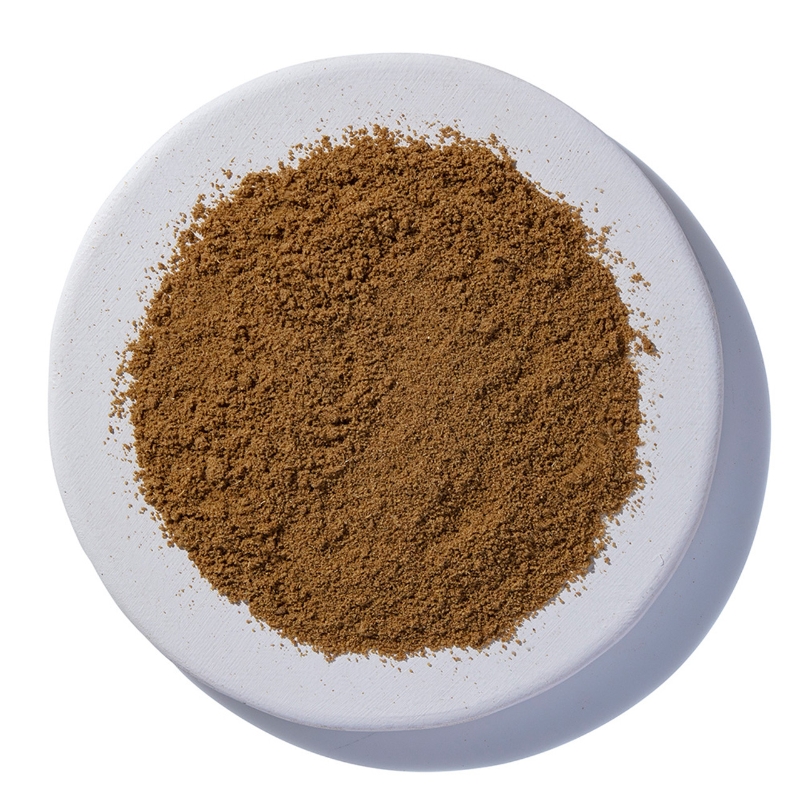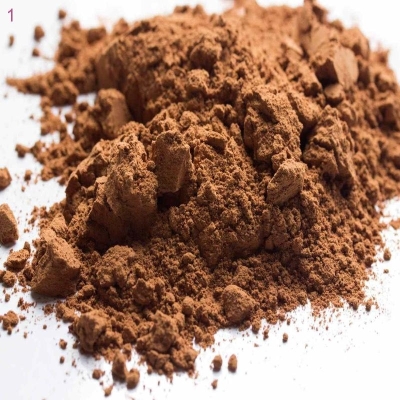-
Categories
-
Pharmaceutical Intermediates
-
Active Pharmaceutical Ingredients
-
Food Additives
- Industrial Coatings
- Agrochemicals
- Dyes and Pigments
- Surfactant
- Flavors and Fragrances
- Chemical Reagents
- Catalyst and Auxiliary
- Natural Products
- Inorganic Chemistry
-
Organic Chemistry
-
Biochemical Engineering
- Analytical Chemistry
- Cosmetic Ingredient
-
Pharmaceutical Intermediates
Promotion
ECHEMI Mall
Wholesale
Weekly Price
Exhibition
News
-
Trade Service
Recently, Jiangnan University foodmate.
net/tag_4784.
html" class="zdbq" title="Bioengineering related food information" target="_blank">Biological Engineering Institute Professor Li Kawasaki team in foodmate.
net/tag_372.
html" class="zdbq" title="Doubanjiang related food information" target="_blank">bean paste of foodmate.
net/tag_321.
html" class="zdbq" title="Low-salt related food information" target="_blank">salt foodmate.
net/tag_4568.
html" class="zdbq" title="Fermentation related food information" target="_blank">fermentation has made important progress in research, the research results "Physicochemical, flavor and microbial dynamic changes during low-salt doubanjiang (broad bean paste) fermentation" was published in Food Chemistry (IF=6.
306) (https://doi.
org/10.
1016/j.
foodchem.
2020.
128454).
net/tag_4784.
html" class="zdbq" title="Bioengineering related food information" target="_blank">Biological Engineering Institute Professor Li Kawasaki team in foodmate.
net/tag_372.
html" class="zdbq" title="Doubanjiang related food information" target="_blank">bean paste of foodmate.
net/tag_321.
html" class="zdbq" title="Low-salt related food information" target="_blank">salt foodmate.
net/tag_4568.
html" class="zdbq" title="Fermentation related food information" target="_blank">fermentation has made important progress in research, the research results "Physicochemical, flavor and microbial dynamic changes during low-salt doubanjiang (broad bean paste) fermentation" was published in Food Chemistry (IF=6.
306) (https://doi.
org/10.
1016/j.
foodchem.
2020.
128454).
Doubanjiang has a long history and is favored by consumers in my country and Southeast Asian countries.
It is an indispensable condiment and non-staple food in people's lives.
However, high-concentration salt is usually used in the production of bean paste to ensure product quality.
However, in today's society where consumers are increasingly aware of health, the problem of high salt in Doubanjiang cannot be ignored.
Excessive salinity not only limits the ready-to-eat properties of Doubanjiang, but also poses a threat to human health.
Reducing salinity is the inevitable trend of Doubanjiang's future development.
Therefore, it is of great significance to study the role of salinity in the fermentation of Doubanjiang, which can lay the foundation for the realization of low-salt fermentation of Doubanjiang.
It is an indispensable condiment and non-staple food in people's lives.
However, high-concentration salt is usually used in the production of bean paste to ensure product quality.
However, in today's society where consumers are increasingly aware of health, the problem of high salt in Doubanjiang cannot be ignored.
Excessive salinity not only limits the ready-to-eat properties of Doubanjiang, but also poses a threat to human health.
Reducing salinity is the inevitable trend of Doubanjiang's future development.
Therefore, it is of great significance to study the role of salinity in the fermentation of Doubanjiang, which can lay the foundation for the realization of low-salt fermentation of Doubanjiang.
The team of Professor Li Qi aims to clarify the influence of the reduction of salt concentration on the production of bean paste, rationally design the fermentation process of bean paste with different salinity, and clarify the physical and chemical indicators, flavor substances, functional substances and the fermentation process of bean paste under different salinity conditions.
The change pattern foodmate.
net/tag_1901.
html" class="zdbq" title="Microbiological related food information" target="_blank">of the microbial community composition has found that reducing salinity helps the accumulation of amino acid nitrogen, amino acids, organic acids and functional substances in the bean paste sauce, and at the same time significantly increases the content of flavor substances in the sauce; however, low-salinity sauce The total acid and biogenic amine content in the fermented glutinous rice were also significantly increased, and the color was lighter, and the peculiar smell appeared.
Analyzing the microbial communities of different salinities, it was found that the decrease in salinity significantly increased the microbial diversity of the sauce, and conditional pathogenic bacteria appeared at the salinity of 5.
5 g/100gfw and 7.
0 g/100gfw.
Finally, the correlation analysis of microbial community, physical and chemical indicators and flavor substances was carried out through mathematical statistics, and the microorganisms closely related to good flavor substances, undesirable flavor substances and important physical and chemical indicators were determined.
This study shows that salinity reduction will have an important impact on the physical and chemical indicators, flavor substances and fermenting microbial communities of Doubanjiang.
It will provide a reference for the future low-salinization fermentation of Doubanjiang, and at the same time provide help for the low-salinization of other high-salinity traditional fermented foods.
The change pattern foodmate.
net/tag_1901.
html" class="zdbq" title="Microbiological related food information" target="_blank">of the microbial community composition has found that reducing salinity helps the accumulation of amino acid nitrogen, amino acids, organic acids and functional substances in the bean paste sauce, and at the same time significantly increases the content of flavor substances in the sauce; however, low-salinity sauce The total acid and biogenic amine content in the fermented glutinous rice were also significantly increased, and the color was lighter, and the peculiar smell appeared.
Analyzing the microbial communities of different salinities, it was found that the decrease in salinity significantly increased the microbial diversity of the sauce, and conditional pathogenic bacteria appeared at the salinity of 5.
5 g/100gfw and 7.
0 g/100gfw.
Finally, the correlation analysis of microbial community, physical and chemical indicators and flavor substances was carried out through mathematical statistics, and the microorganisms closely related to good flavor substances, undesirable flavor substances and important physical and chemical indicators were determined.
This study shows that salinity reduction will have an important impact on the physical and chemical indicators, flavor substances and fermenting microbial communities of Doubanjiang.
It will provide a reference for the future low-salinization fermentation of Doubanjiang, and at the same time provide help for the low-salinization of other high-salinity traditional fermented foods.
Professor Li Qi is the corresponding author of the paper.
Associate researcher Yang Yue and Niu Chengtuo are the co-first authors of the paper.
The above-mentioned research work was funded by the National Key Research and Development Program (2018YFD0400403), the National Natural Science Foundation of China (31901626), and the Disciplinary Innovation and Talent Introduction Program of Higher Education Institutions (111-2-06).
Associate researcher Yang Yue and Niu Chengtuo are the co-first authors of the paper.
The above-mentioned research work was funded by the National Key Research and Development Program (2018YFD0400403), the National Natural Science Foundation of China (31901626), and the Disciplinary Innovation and Talent Introduction Program of Higher Education Institutions (111-2-06).







